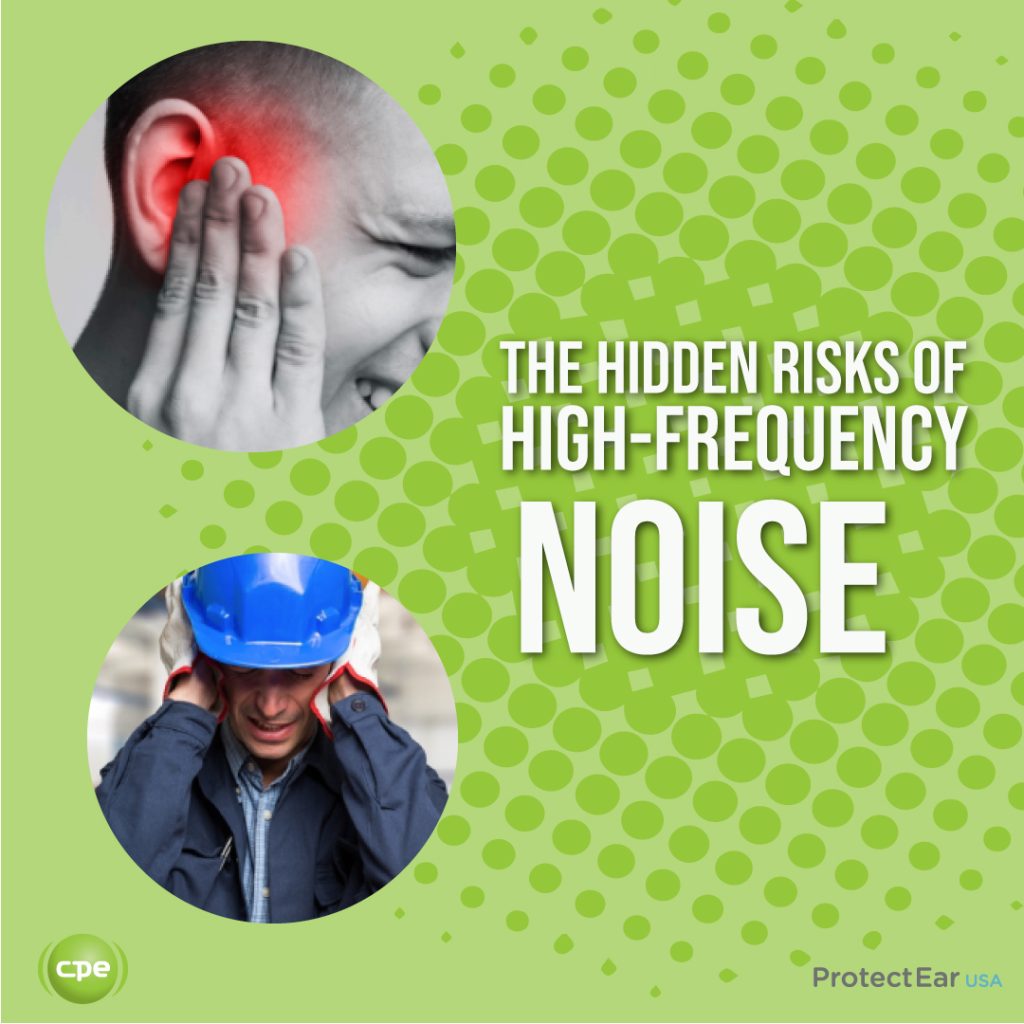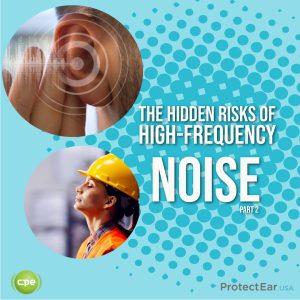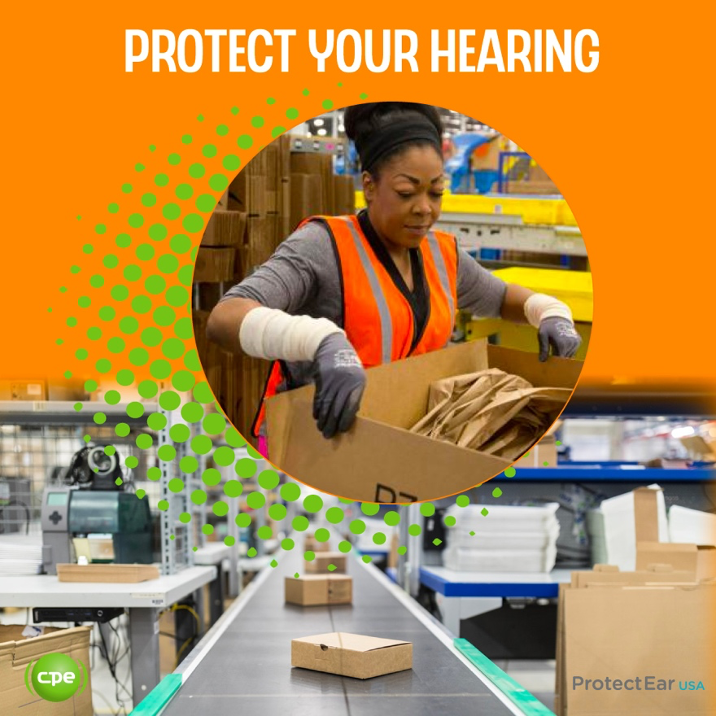Industrial facilities are increasingly opting for dB Blockers as their primary hearing protection solution for several key reasons:
-
Custom Fit: dB Blockers are custom-moulded to the individual’s ear, providing a secure and comfortable fit. This customizability ensures that the earplugs effectively reduce noise exposure without causing discomfort, which is critical for long-term wear in industrial settings.
-
Superior Noise Reduction: dB Blockers offer high levels of noise attenuation, making them particularly effective in loud industrial environments. This helps in protecting workers’ hearing from the high decibel levels commonly found in such settings.
-
Durability: Made from durable materials, dB Blockers are designed to withstand harsh industrial conditions. This longevity makes them a cost-effective solution, as they do not need to be replaced as frequently as disposable earplugs.
-
Ease of Communication: Many dB Blockers are designed to allow for effective communication while still
 providing hearing protection. This is achieved through specialized filters that reduce harmful noise levels but still allow the user to hear speech and important warning signals.
providing hearing protection. This is achieved through specialized filters that reduce harmful noise levels but still allow the user to hear speech and important warning signals. -
Compliance and Safety: Using dB Blockers helps facilities comply with occupational safety and health regulations regarding noise exposure. Proper hearing protection is essential to meet regulatory standards and ensure the safety and well-being of employees.
-
Employee Satisfaction: Comfortable and effective hearing protection is more likely to be used consistently by employees. The custom fit and comfort of dB Blockers mean that workers are more likely to wear them correctly and consistently, improving overall compliance with safety protocols.
-
Reduced Risk of Hearing Damage: By providing reliable hearing protection, dB Blockers help reduce the risk of noise-induced hearing loss among workers. This not only protects employees’ health but can also reduce potential liability and costs associated with hearing loss claims.
-
Reusability and Hygiene: dB Blockers can be easily cleaned and reused, promoting better hygiene and reducing waste compared to disposable earplugs. This is beneficial for both the environment and the company’s bottom line.












 From all of us at Custom Protect Ear…
From all of us at Custom Protect Ear…